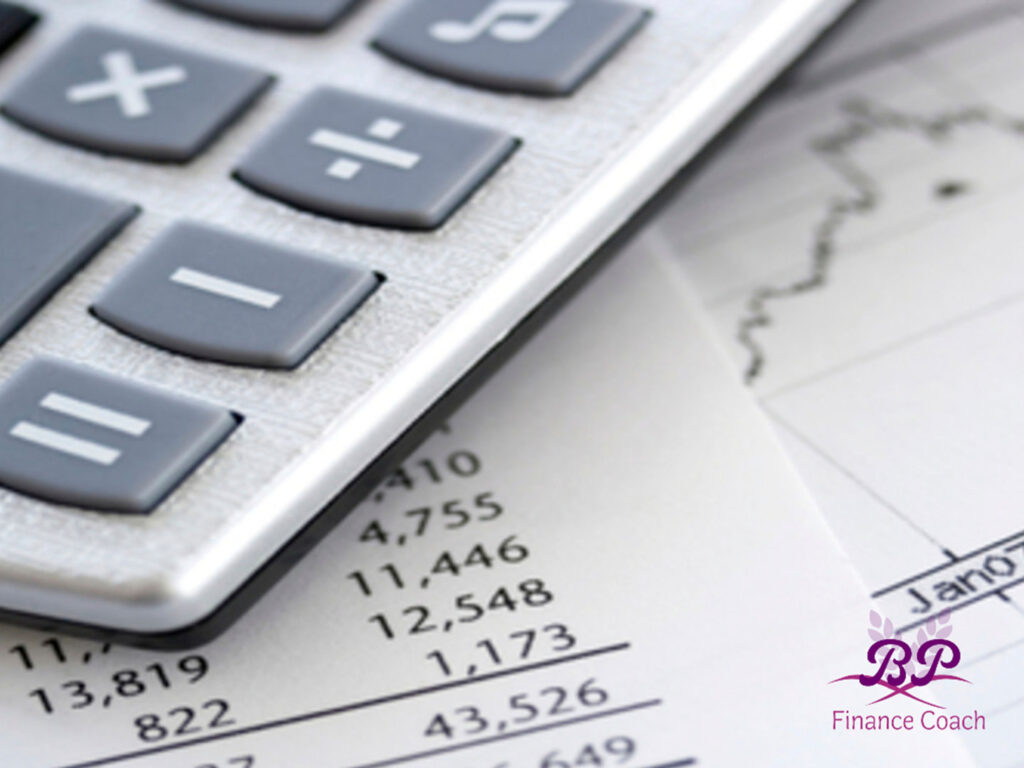I have had the pleasure of working in finance for over twenty-five years and in those years have gained a lot of experience in bookkeeping. Having also run my own practice for the last six years I have my own way of doing things. So, I wanted to share with you a few of my ideas and tips. I hope you find them helpful.
Legal Requirements
As a freelancer, self-employed person, proprietor, small business owner or limited company, you are legally required to keep accurate financial records and expenses. All records must be kept for a minimum of six years.
Expense Receipts
Keeping track of your receipts is always a bit of a pain. You either stuff them in your purse or car door and forget about them or lose them altogether.
My tip is to maybe get into the habit of scanning them straight after purchase. You can get apps for this or take a photo with your smart phone.
There are lots of apps and packages that link to other accounts packages like Xero that will upload a photo or PDF to your transaction. This definitely helps your accountant. Ask your accountant which ones they like. The more organized the filing of your paperwork and receipts are, the less it will cost you for bookkeeping.
Invest in Some Stationery
Invest in some stationery, either a A4 lever arch file or a clip file is good. Buy some polyethene pockets, label them by month and get into the habit of putting your receipts into the pockets when you get home.
In the lever arch file, you can also keep a record of your sales invoices and your bank statements. A record of your HMRC log in and UTR details is also handy to keep in your accounts file.
Banks Statements
I know a lot of accounts packages like Xero or Sage have live bank feeds, which download your bank transactions straight into the software. This makes bank reconciliations really easy. However, your bookkeeper still might need hard copies of your bank statement to reconcile too. Get into the habit of downloading your bank statements on a monthly basis. Put a reminder on your computer at the end of the month maybe. Make sure you make notes on your statements for unusual transactions. The more information you give your bookkeeper the easier it is for them.
I love a good spreadsheet
Rather than manual recording, something that I use a lot are simple spreadsheets. Keeping a tally of income and outgoings makes doing your self-assessments and returns a lot easier. On the left side record your income with a brief description and on the right-side record purchases.
You can add columns for different expenses like, mileage, travel, car costs, stationery etc. This helps your accountant or bookkeeper to produce a profit and loss for your Year End reports.
Keeping your financial records should not be a big deal, just keep it simple. If you have any questions regarding the above or would like for information, please contact me.

